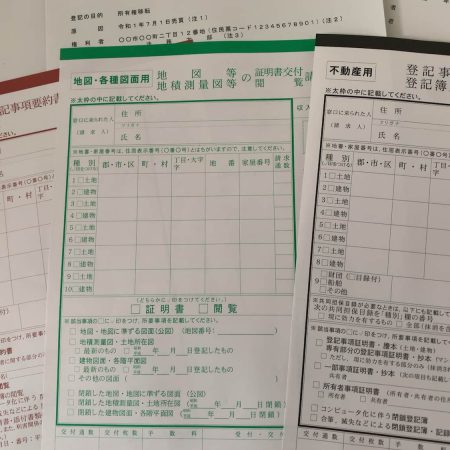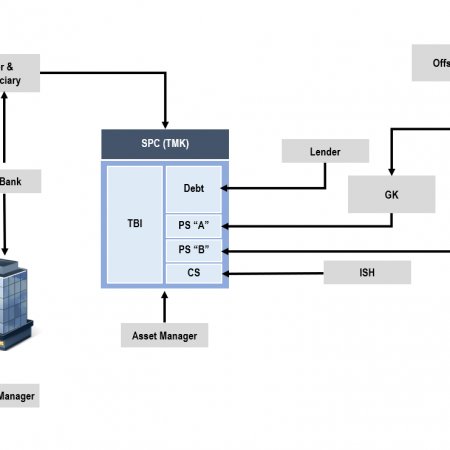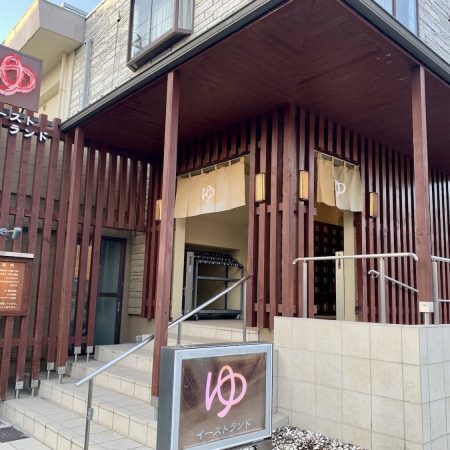Key Provisions of Ordinary and Fixed Term Leases
While maintaining high occupancy levels at target rents is essential to a successful investment, the type of lease is another critical factor that cannot be ignored. There are two basic types of commercial lease contracts in Japan: an ordinary lease and a fixed-term lease. Understanding the basic principles governing each type of lease is essential when negotiating a new lease and/or projecting future cash flow.
Historically, the lease system in Japan has favored the weaker party, the lessee. In Japan, an “ordinary” lease is a lease contract that automatically renews with a minimum term of one year but, generally, two to three years. Midterm cancellation by a lessor requires over six months prior notice whereas only one to two months prior notice is required from the lessee. If the tenant wishes to continue to live in the property at the end of the period, the owner cannot terminate the contract or refuse to renew the lease without a justifiable reason. If circumstances warrant, a change in rental terms may be requested by either party; typically, at the normal time of lease renewal.
The introduction of a fixed-term lease system in March 2000 provided the lessor more control over the contract. In contrast to an ordinary lease, a fixed-term lease is a non-renewable contract that is terminated at a specified expiration date. This type of contract enables a lessor more control over the renewability and length of the lease. In particular, the term of the lease can be freely determined. If the term is more than a year, the owner wishing to terminate the lease must notify the tenant between six months to a year prior to the expiration date. Increases or decreases in rental rates are subject to the provisions in the special contract clause of the lease. If both parties agree to do so, re-contract or extensions of the lease are possible.
There is an exception under a fixed-term lease agreement whereby the tenant can request cancellation of the contract if unavoidable circumstances occur during the lease period. Justifications might include a job transfer, medical treatment, or having to care for a relative. This cancellation right can only be exercised by tenants who live in residential buildings with a gross area of less than 200 square meters. In this special circumstance, the lease may be terminated within one month of the termination request.













